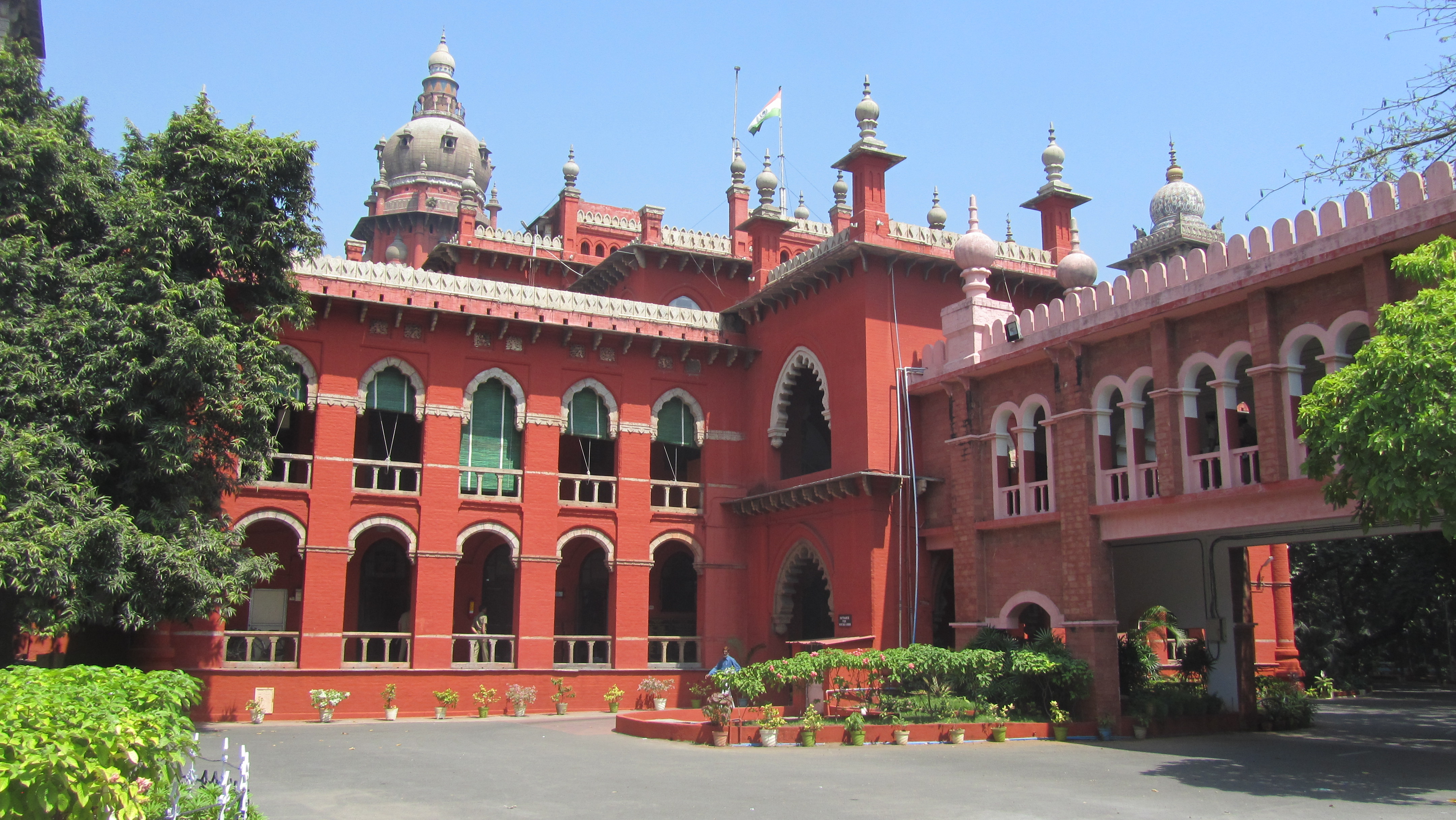The Madras High Court on Tuesday sought to know from the Tamil Nadu government why it should not consider invoking the Goondas Act to detain corrupt officials.
Justice N. Kirubakaran raised this question while pressing the need to bring out a special law, on the lines of preventive detention, to detain corrupt public officials.
"Till such an act is enacted, why should the government not invoke the Goondas Act to detain corrupt officials on the ground that their corrupt acts affect or are likely to affect maintenance of public order adversely?" the judge asked.
The judge made the observations on a plea moved by T. Boopathy, seeking a direction to a sub-registrar in Chennai to release property documents presented for registration.
The petitioner claimed his documents had been withheld by the authorities for over a year since he had 'refused to pay bribe demanded by them.'
Hearing the plea, the judge referred to a survey by the NGO Transparency International and said, "According to the survey, India is the most corrupt country in Asia, followed by Vietnam, Thailand, Pakistan and Myanmar."
Further, he said, when it came to the bribery rate, an article published by Forbes rated India as the highest on the list with 69 per cent bribery rate.
"Corruption has become rampant in all government departments, in spite of the enactment of the Prevention of Corruption Act, 1988," he said.
"It is being said that corruption has become the order of the day, and most of the official functions are done only on payment of illegal gratification."
Noting that the instant case was only the tip of an iceberg and almost all the government offices were said to have become a bedrock of corruption, the judge said some urgent preventive measures should be taken in the interest of administration and the people.
The judge then posed 15 queries to be answered by the state government and the vigilance commissioner.
The queries included details of raids conducted by the DVAC in the past 10 years, criminal cases registered and rate of conviction.
The authorities were directed to file their replies by December 11.





